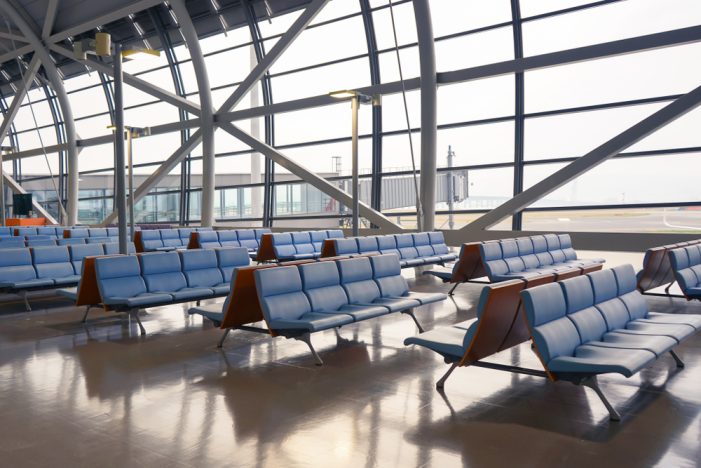By Sandy Connors
The United States has consistently ranked among the world’s top three most visited countries. In 2023, it welcomed 66.5 million international visitors, drawn to iconic cities like New York, San Francisco, and Chicago and breathtaking natural landmarks like Yosemite National Park. The country’s dynamic culture, global business influence, and rich diversity have long made it a prime travel destination.
However, tourism in the United States is facing mounting challenges in 2025. Following Donald Trump’s reelection as President in 2024, a series of policy changes—most notably the reintroduction of a controversial travel ban—are impacting global perceptions and discouraging international travel to the U.S.
The travel ban, initially introduced during Trump’s first term and now reinstated in 2024, restricts entry from several predominantly Muslim-majority countries and has sparked criticism worldwide. Critics argue that it promotes discrimination and undermines the nation’s image as a welcoming and inclusive destination. As international news coverage of the policy spread, many potential tourists expressed concern, with some canceling planned trips altogether.
This shift in sentiment is already being felt across the tourism sector. According to a recent report by Tourism Economics, inbound travel to the U.S. is now projected to decline by 5.5% in 2025—a sharp reversal from the previously forecasted 9% growth. The impact of the travel ban, combined with tense diplomatic relations and increasing cultural polarization, is causing travelers to look elsewhere.
The economic implications are significant. The report warns that a continued decline in international arrivals could lead to an annual loss of up to US$18 billion in tourist spending. States like California, Florida, and New York, which rely heavily on international tourism, may face reduced revenue and potential job losses in the hospitality and travel sectors.
Trump’s renewed “America First” approach is also shaping these trends. Stricter immigration enforcement, rising visa rejections, and more complex entry requirements create travel barriers. Meanwhile, escalating trade tensions and tariff disputes with countries like China and the European Union are further straining international relations.
In addition to policy concerns, cultural and social issues within the U.S. also affect tourism. Reports of increased political division, civil unrest, and rising hate crimes contribute to the perception that the U.S. may no longer be a safe or friendly destination for all travelers.
Despite these challenges, the U.S. travel industry is working hard to counter negative perceptions. Tourism boards and hospitality leaders focus on promoting the nation’s diversity, safety, and world-class experiences to restore confidence among international visitors.
While the United States continues to offer unparalleled attractions and experiences, the 2025 outlook for tourism is uncertain. Policies such as Trump’s travel ban are reshaping the global view of America. Without significant efforts to rebuild trust and openness, the nation risks losing its hard-earned status as a leading travel destination.

